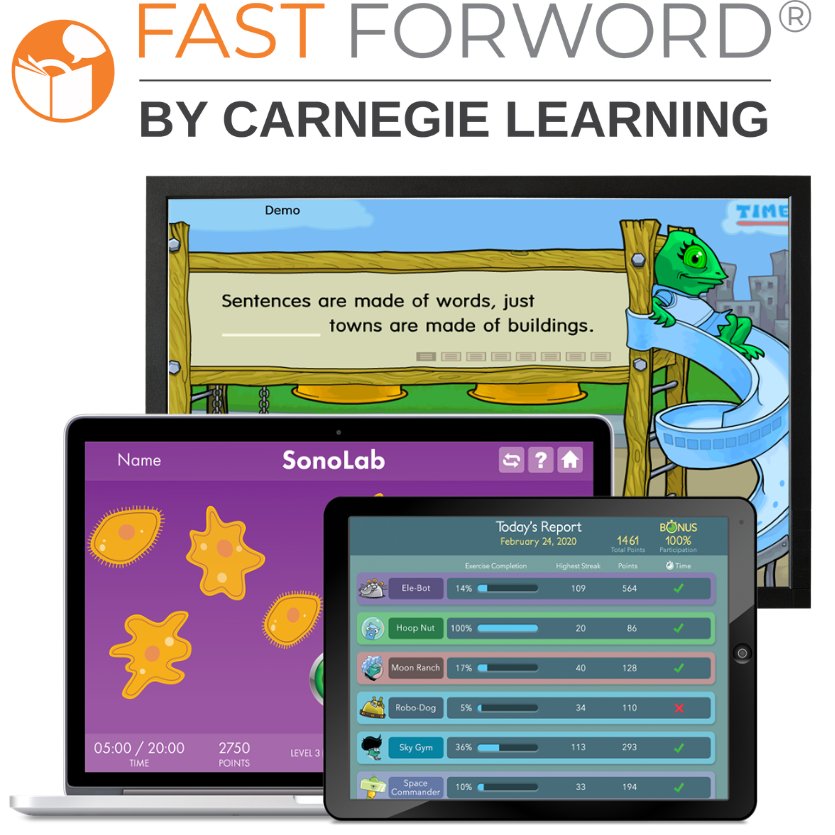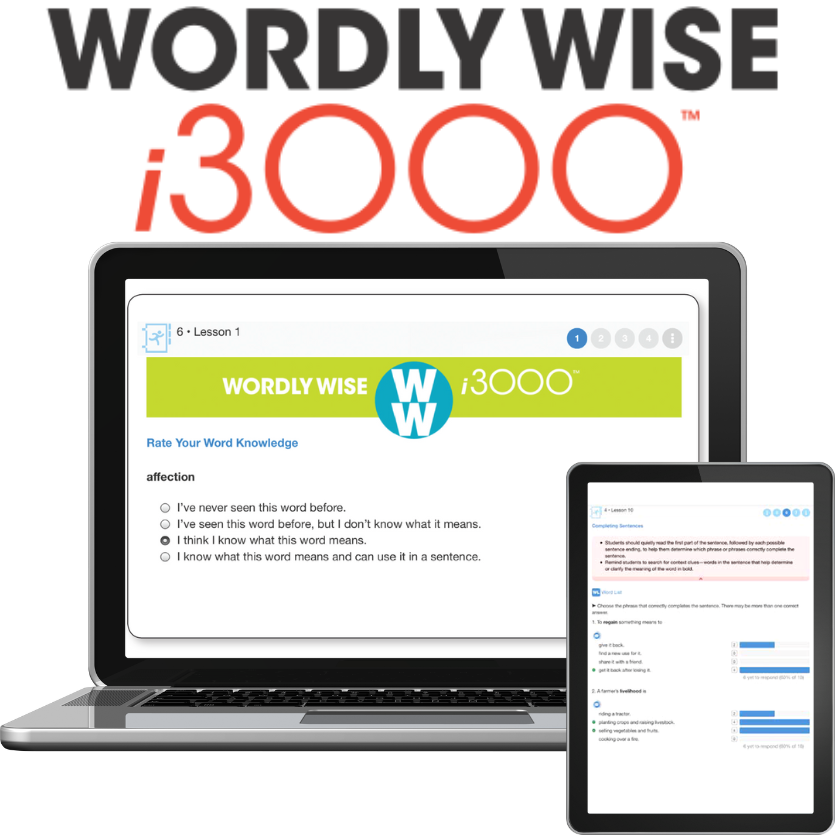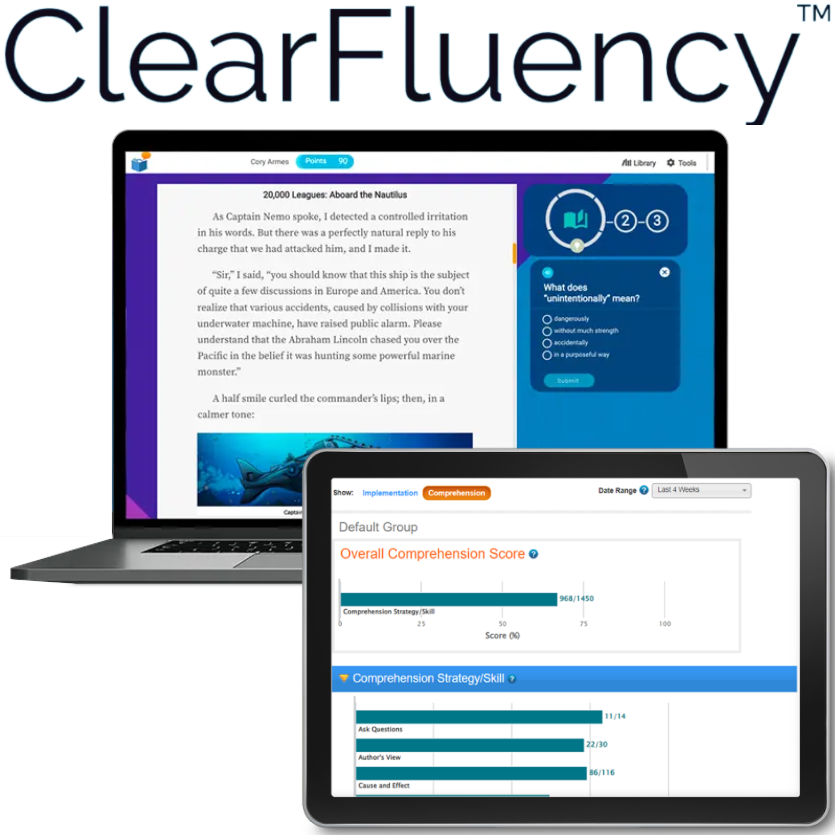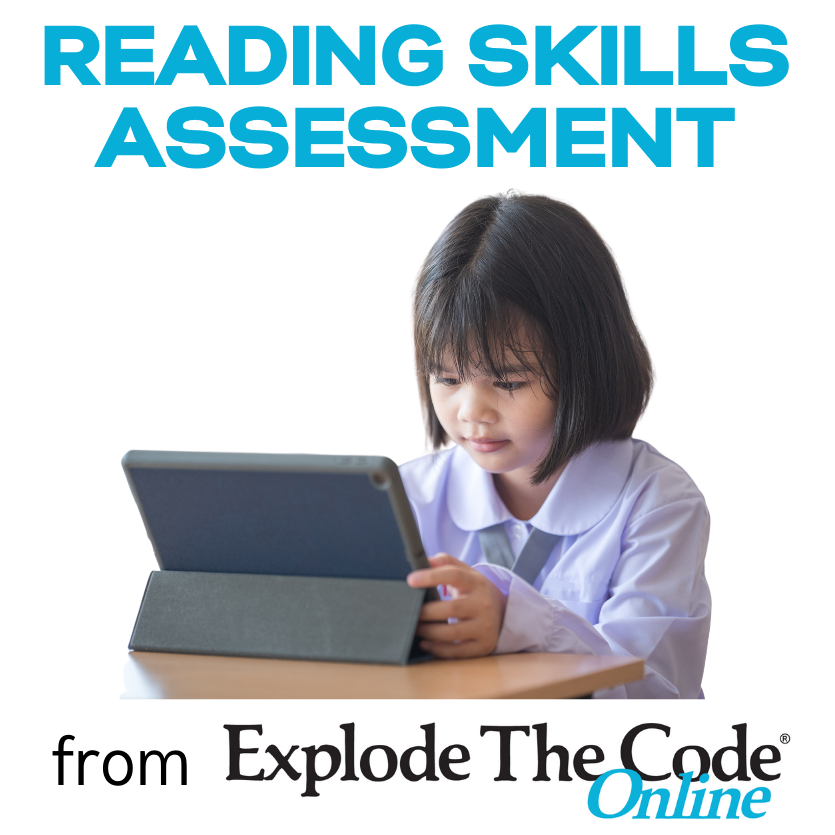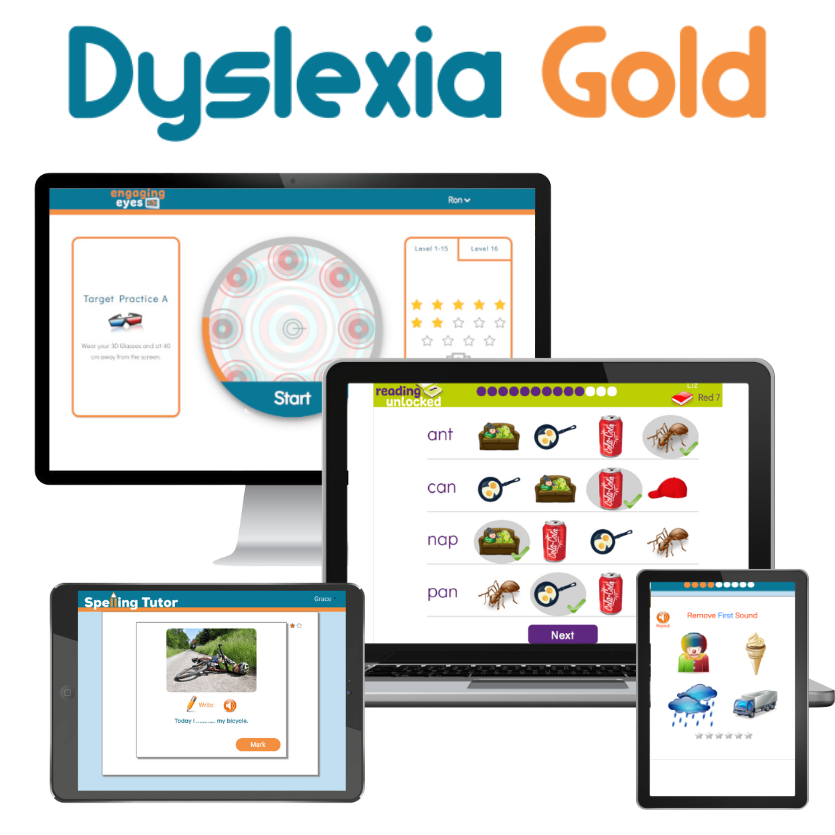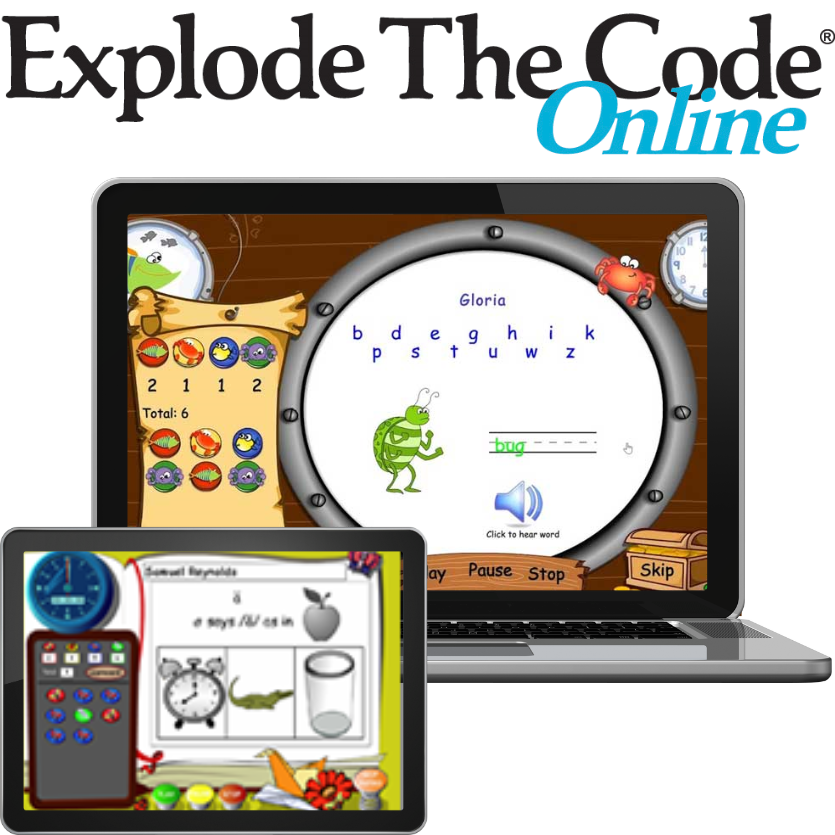How to Homeschool Guide
Helpful Tips for Non-Homeschoolers Navigating Home Education
Sometimes life takes an unexpected turn — an illness, natural disaster, or temporary school closures — and traditional classroom learning has to pause. Whether the situation is temporary or a choice to educate children at home, it’s natural to worry about your child’s continued learning and progress.
Many school districts even provide some core resources for extended absences, and there are plenty of ways to keep your child learning confidently at home.
Getting Started
Teaching your child at home can feel overwhelming at first, even for parents who do it every day. The good news is that there are plenty of supportive options to help you along the way. From online programs and curriculum bundles to parent communities and local resources, you can find tools that fit your child’s needs — and your comfort level.
Before diving in, take a moment to assess your situation and clarify your goals:
-
Is my student on track with their current school curriculum?
-
Am I looking to maintain or build on their current knowledge?
-
Does my child learn best independently or with more guidance?
-
How reliable is our internet access?
-
What’s my realistic budget for curriculum and materials?
Your answers will help you narrow down the resources and programs best suited to your child.
Balancing Core Subjects and Interests
While keeping up with core subjects like math, language arts, science, and history is important, this can also be a wonderful opportunity to explore your child’s passions. Encourage creativity through art, music, technology, or hands-on electives that make learning fun and engaging.
Understanding Your Child’s Learning Style
Recognizing how your child learns best will make every lesson more effective. Here are a few general learning styles to consider:
-
Hands-On Learners: Thrive by doing — experimenting, building, and applying concepts through active projects.
-
Visual Learners: Absorb information through reading, observing, or watching demonstrations. Books, videos, and online lessons often work best.
-
Auditory Learners: Learn most easily by listening and discussing. Audiobooks, recorded lessons, and open conversation can help reinforce understanding.
Understanding learning styles will help you choose materials and approaches that make learning more natural and enjoyable. (Explore more about learning styles [ HERE. ].
Finding the Right Fit
Selecting curriculum or resources that match your child’s learning style can take a little trial and error — and that’s okay. You know your child best, and with a bit of exploration, you’ll quickly discover what works.
Support from Homeschool Buyers Club
At Homeschool Buyers Club, we’re here to make that process easier. We offer an extensive selection of affordable curricula, online courses, and helpful tools to keep students engaged and on track — even outside the traditional classroom.
Our goal is simple: to help your child’s education continue to thrive, no matter where learning takes place.
Other Helpful Tips
-
Start with Simple Goals: Define what you hope your child achieves academically and personally. Clear goals make it easier to stay focused and track progress.
-
Create a Routine: A consistent daily schedule builds structure and helps kids (and parents) manage time effectively. Include breaks, study periods, and fun activities.
-
Choose Resources that Fit: Select curricula or programs that align with your goals and your child’s interests. Look for engaging, interactive materials.
-
Set Up a Dedicated Learning Space: Choose a quiet, well-lit area stocked with the basics — books, supplies, and tech tools.
-
Make Learning Hands-On: Bring lessons to life through science experiments, creative projects, or real-world applications.
-
Join a Community: Connect with local or online homeschool groups for support, ideas, and social opportunities.
-
Stay Flexible: One of the greatest benefits of homeschooling is adaptability. Adjust your approach as your child’s needs and interests evolve.
In Closing
Learning at home can be a rewarding experience for both parents and children. With a little planning, flexibility, and the right resources, you can help your child continue to learn, grow, and thrive — even during times of change.
We also partner with other homeschool resources like HowToHomeschool.com, which offers valuable information, product reviews, and a complete Homeschool Buying Guide to help families explore even more great options.
Homeschool Favorites
Unlock your child's potential with the perfect curriculum selections for homeschooling families!
